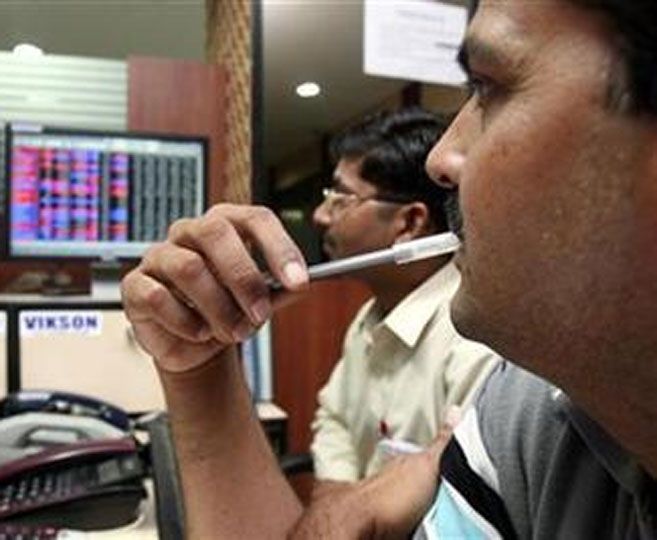 Any investor needs to cultivate patience since equity returns are markedly positive only over the long term, notes Devengshu Datta
Any investor needs to cultivate patience since equity returns are markedly positive only over the long term, notes Devengshu Datta
Year 2015 will be remembered as the year when the small investor returned to the stock market.
Retail (jargon here for relatively small, individual) investment has been positive through 12 months.
Retail interest is also visible in that the assets under management by Indian mutual funds have swelled appreciably.
Retail interest can also be inferred if we look at the stocks that have made gains. Stocks below a certain market cap tend to be ignored by institutions.
Action in these is almost always driven by retail speculation and that seems to have built up.
Small- and medium-size stocks have done better than large ones.
A study by Business Standard indicates that as many as 282 of the stocks in the BSE 500 gained in the past 12 months, while 28 of those in the 50-stock Nifty lost ground.
Retail bullishness has sustained a market where foreign institutional investors have shown markedly less interest.
In 2014-15 (ending March 2015), foreign institutional investors bought a net Rs 1,11,333 crore (Rs 1,113.33 billion) of rupee equity and Rs 1,66,127 crore (Rs 1,661.27 billion) of rupee debt.
In 2015-16 (until this Wednesday), they have sold a net Rs 18,649 crore (Rs 186.49 billion) of equity and bought only Rs 2,885 crore (Rs 28.85 billion) of debt.
In a general way, it’s good that Indian households are focusing on growth assets, rather than putting their surplus into gold.
Equity returns over the long run beat any other asset and, in theory, Indian household wealth would grow faster if a fair share of savings are in equity.
The economy’s growth rate would also accelerate if household savings are productively invested.
In practice, however, there are some worrying implications about a market driven largely by retail.
High levels of retail participation tend to happen at the tail-end of bull markets, when institutions start to book profits and pass on their over-valued investments to smaller players.
Many retail investors enter with a great deal of enthusiasm, after they have watched stocks log big gains.
They exit in a hurry, after sustaining large losses.
Unfortunately, this pattern sustains, cycle after cycle.
I fear this pattern, of retail entry at high levels followed by exits after some losses, could happen all over again if the market stays down for much longer.
And, markets tend to stay down when institutions like the FIIs are selling consistently.
All the financial institutions are making projections which are either bearish or “back-ended”.
That is, the institutions don’t expect gains in the first half of calendar year 2016, though some expect these in the second half.
This could mean at least another six months of bearish conditions and prices have already fallen for nine months.
Assume retail investors will have to hold their positions for at least that long and that they might have to absorb losses and wait even longer for returns to turn positive.
This shouldn’t bother somebody who is investing for the long haul.
However, very few retail investors explicitly plan for a situation where they have to hold loss-making positions for the long term.
Any investor needs to cultivate patience, since equity returns are markedly positive only over the long term.
Retail investors often lack patience and also the ability to ignore short-term losses.
They also tend to dabble in high risk when they buy small stocks lacking institutional support.
This year could see a scenario where disappointed retail investors exit the market in droves after booking losses.
Those who can avoid acting in line with the herd will do better.
A market where prices are not likely to go up for a while is excellent for the long-term investor.
It provides an opportunity to slowly build up positions.
A few principles serve long-term investors well. Don’t invest the housekeeping money in equity; park only funds that you will not require for the long term. Be prepared to ignore short-term fluctuations.
Don’t take excessive risks unless you are prepared for the possible adverse consequences -- an investment which 'can double' in a month could also halve in the same time period.
Frankly, the ideal, low-risk equity investment for retail is the index fund. Indices are diversified and institutionally supported.
So, they bear only basic volatility risk.
The investor can systematically increase exposure.
It is not necessary to track an index fund daily.
That said, a retail investor, who is smart, patient and careful with asset allocation, can beat the market by considerable margins.
In 2016, a lot of retail investors lose money and a few smart ones generate great returns.
Image: Stock traders. Photograph: Reuters









